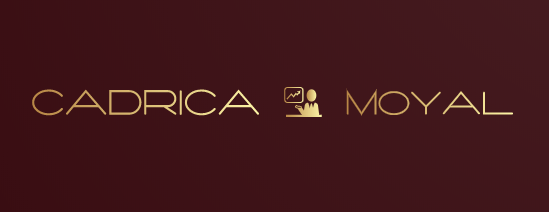In most countries around the world, the purchase of gold coins or bars is VAT-exempt. This is because gold is legally classified as an investment product. However, this does not necessarily mean investors can simply carry their gold around with them when crossing international borders, because each country has its own special import requirements. This point becomes particularly relevant for investors if the chosen depository for their precious metal is located in another country. For example, if you want to import gold into Switzerland because that's where the safe deposit box is located, you should always find out what restrictions are likely to apply beforehand.
Provided it meets certain criteria, investment gold remains exempt from VAT in Switzerland. This primarily affects state-issued gold coins, which are listed in the Value Added Tax Act (MWSTV) under Article 44, customs tariff numbers 7118.9010 and 9705.0000. This ruling does not apply to reissued historical gold coins which are still subject to VAT in Switzerland. However, the rules for gold bars are a little more straightforward. All that is required here is that each bar should bear a stamp confirming its fineness and the name of the approved refinery. Gold granules also remain tax-free provided they have a fineness of 995/1000 or higher and are transported in packaging sealed by the refiner.
But who are these auditor-smelters approved in Switzerland? And how can investors check whether their gold products comply with customs regulations before crossing the border? A careful look at the Good Delivery List from the London Bullion Market Association (LBMA) will help here. All refiners who meet the strict LBMA requirements for the origin, processing and quality of their gold are duly listed. This list of fully-compliant refiners is also relevant when importing gold into Switzerland.
The difference between VAT and import tax
When travellers import goods into another country, an import tax equivalent to the rate of VAT is normally due. There are no limits for private individuals within the European Union (EU), except for limits applied to the import of alcohol, coffee and tobacco products. But things are different when travelling outside the EU. Here, each country’s respective entry regulations apply. Switzerland is neither a member of the EU nor the European Economic Area, so an import tax liability may arise depending on the type of goods being imported.
All goods exported to a non-EU country must undergo customs clearance. However, no VAT or customs duty is payable on goods which are to be exported. Nevertheless, depending on the particular type of goods, customs import fees may apply up to the amount of the VAT applicable in the destination country. In Switzerland, this VAT is currently 8.1%. The Federal Customs Administration – the Federal Office of Customs and Border Security (BAZG) since January 2022 – can provide further information.











